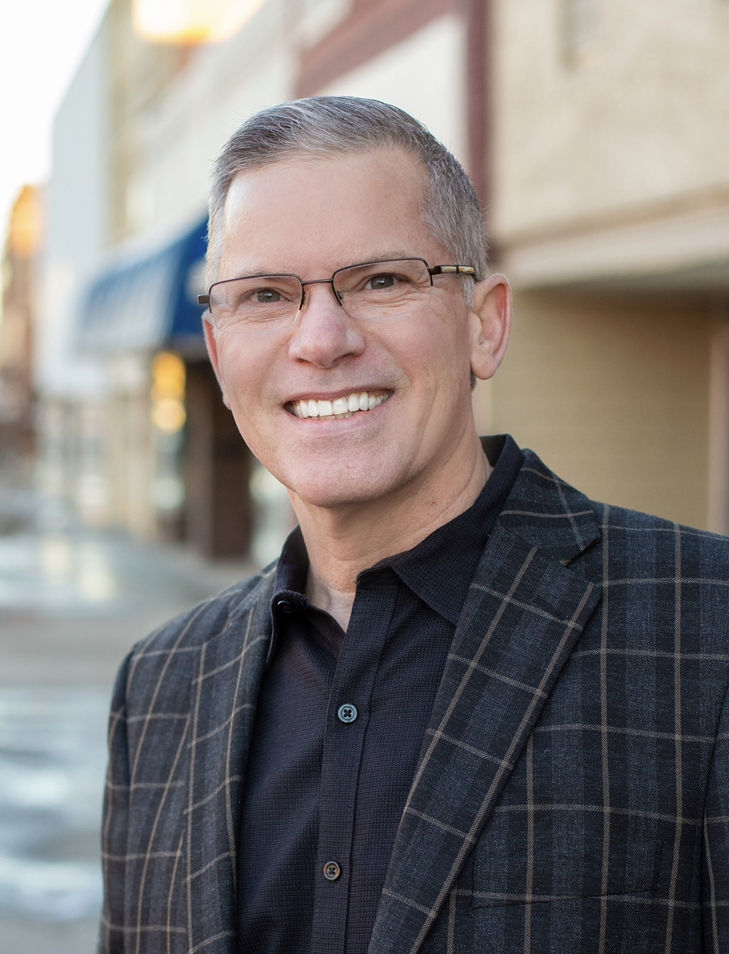
There are many motivations for taking care of your body—a temple of the Holy Spirit who is in us. Here are three for pastors to consider.
By Mark Dance
Why is it so much harder to talk about our physical health than it is to talk about our spiritual or emotional health? Perhaps it is because our motives are not always clear. Do we take care of our bodies in order to look better or feel better or to better honor God? Are these motives mutually exclusive?
There are many motivations for taking care of our bodies, temples of the Holy Spirit who is in us (1 Corinthians 6:19-20). But here I will highlight my top three.
1. My love for Jesus
Full surrender involves loving God with our physical strength as well as our hearts, souls, and minds (Mark 12:30).
“Therefore, brothers and sisters, in view of the mercies of God, I urge you to present your bodies as a living sacrifice, holy and pleasing to God; this is your true worship” (Romans 12:1, CSB).
Our living sacrifice is not to be confused with Jesus’s bodily sacrifice for our salvation. Daily physical discipline is for our sanctification, not our salvation.
“Daily physical discipline is for our sanctification, not our salvation.” — @markdance Click To TweetLaying our bodies on the altar means we are surrendering ourselves completely, and in some measure literally, to the Lord. Surrendering is a daily act that involves our whole selves, including our bodies.
“Don’t you know that your body is a temple of the Holy Spirit who is in you, whom you have from God? You are not your own, for you were bought at a price. So glorify God with your body” (1 Corinthians 6:19-20, CSB).
2. My love for my wife
Marriage is another motivator for me to stay physically healthy. When I said “I do” to my wife Janet over three decades ago, was I giving her my heart, my soul, my mind, or my body? Yes! I surrendered the exclusive rights of my body to both Jesus and Janet.
On our wedding day, I publicly vowed to Janet I would love her to my dying breath. I realize I won’t be as physically healthy at the end of our marriage as when I originally spoke those vows. And that’s OK because our current bodies are temporary.
Although I made no guarantees to her regarding my expiration date, it was assumed I would not short-change her or our kids by accelerating my exit with poor health decisions. If I grow ill and dependent on Janet in my later years, I am confident she will love me in sickness and in health. But I have no intention of neglecting my body now so she or our children have to pay the bill later.
3. My love for the church
At this stage of my ministry, I primarily serve pastors but also still get to preach and serve churches. Whenever a pastor walks into a room to lead or speak, his appearance makes a statement. I have less credibility talking about discipline if I am obviously not practicing it.
Chuck Norris jokes are funny because of the reputation he gained as a tough actor and stuntman, along with his legitimate martial arts credentials. Although he is 25 years older than me, and three inches shorter, I have no aspirations of taking him on. In his book, Against All Odds, Norris writes, “People often ask me, ‘How do you stay in such great shape?’ Truth is I must work at it, just like anyone else. I get up each morning and work out physically; Gena and I take time each day to read the Bible, pray, and exercise.”
“Both the Old and New Testaments teach a comprehensive, holistic approach to a believer’s health: heart, soul, mind, and strength.” — @markdance Click To TweetTwo disturbing trends pastors need to avoid are obesity and obsession. Obesity is an epidemic in America. Pastors need to lead by our example. Rae Jean Proeschold-Bell, research director of the Duke Clergy Health Initiative, says 41% percent of United Methodist pastors are obese, compared to 29% of all Americans. And Methodist pastors aren’t the only ones who are overweight.
Late in his life, the apostle John wrote his third epistle to his beloved friend Gaius in which he said, “I pray that you are prospering in every way and are in good health, just as your whole life is going well” (3 John 1:2, CSB). John equated good health not just with the state of Gaias’s body but with the state of his whole life or soul. Both the Old and New Testaments teach a comprehensive, holistic approach to a believer’s health: heart, soul, mind, and strength.
Take responsibility for personal health during your ministry race
The Lifeway Research 2022 Greatest Needs of Pastors study found 59% of pastors say consistently exercising is an issue affecting their ministry they need to address. And there are good motivations for taking care of our physical bodies.
The other extreme is obsessing over our bodies. Pastors may obsess by dropping fitness illustrations in their sermons or wearing shirts that are too small.
“I discipline my body and bring it under strict control, so that after preaching to others, I myself will not be disqualified” (1 Corinthians 9:27, CSB). “Run in such a way to win the prize” (1 Corinthians 9:24b CSB).
When we wear out our bodies, we don’t get another. Are you preparing now to finish strong later? Ask God to show you how you can love Him with all of your strength, then make whatever changes are necessary to get and stay healthy.
For permission to republish this article, contact Marissa Postell Sullivan.

Mark Dance
After serving as a pastor for 27 years, Mark Dance is now the director of pastoral wellness for GuideStone Financial Resources and is the author of Start to Finish.











